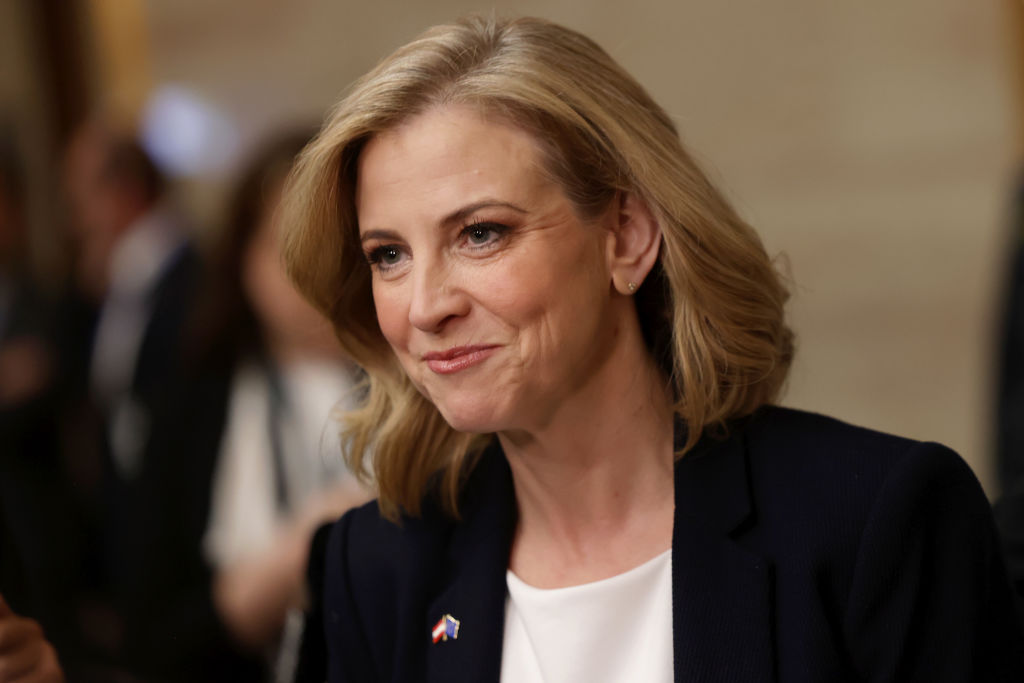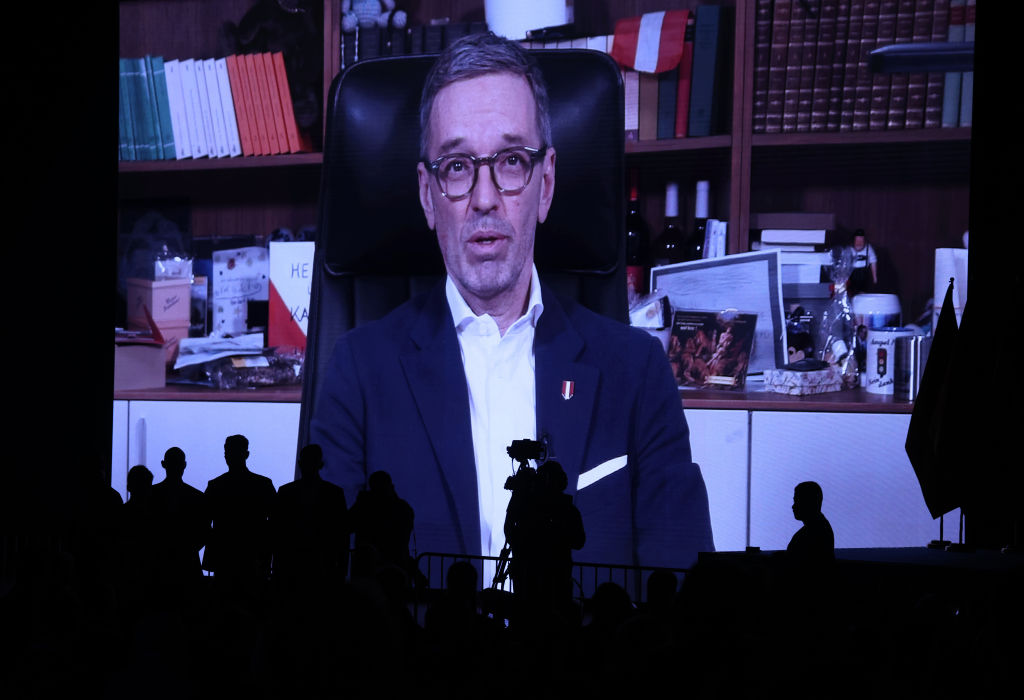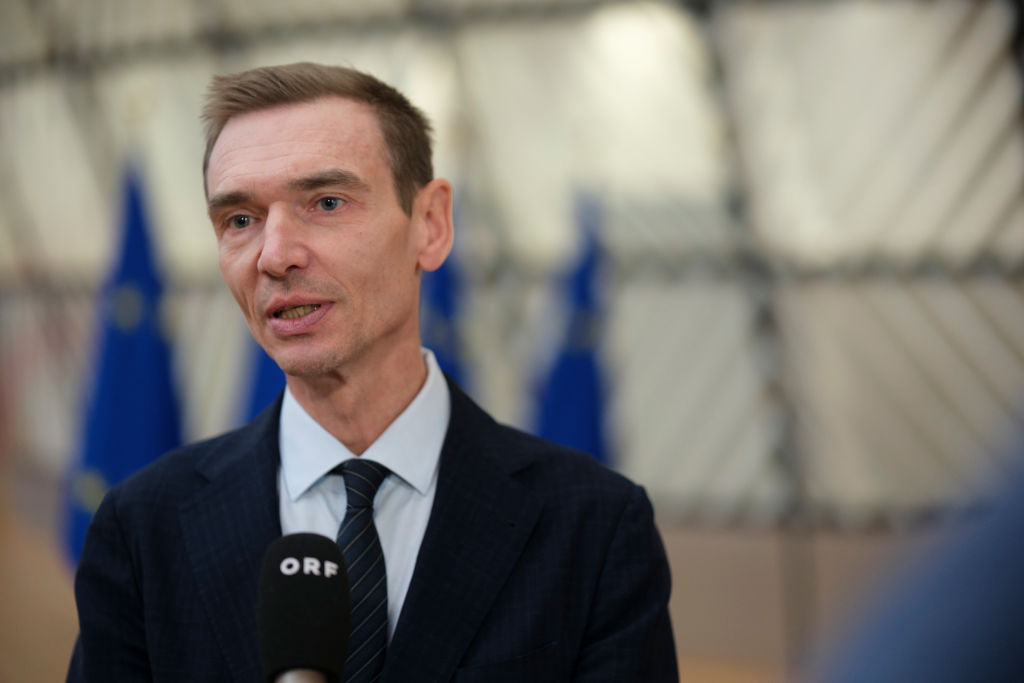Austrian government coalition negotiations between the right-wing Freedom Party (FPÖ) and the Conservative People’s Party (ÖVP) have failed.
On February 12, FPÖ leader Herbert Kickl officially abandoned his mandate to form a federal government after 34 days of negotiations with the ÖVP.
Kickl said he regretted having to do this and blamed the ÖVP and its unwillingness to compromise for the failure.
Christian Stocker, the ÖVP’s leader, on the other hand, told journalists that Kickl had turned down key demands of the Conservatives including “no Russian influence” and “a commitment to the European Union”.
After a promising start in January , the coalition talks soon took a nosedive as the two parties could not agree on key issues – despite similar programs on paper.
On February 8, a 223-page negotiation protocol was leaked to the media, which showed a wide array of disputed points – with the ÖVP reportedly trying to block the right-wingers wishes for a meaningful reduction of asylum migration.
Over the course of the talks, several former high-ranking ÖVP politicians and influential local representatives appeared in the media advising party leadership to abandon the talks with the FPÖ – as did many representatives of Austria’s supposed political and cultural elite.
The final straw was reportedly a dispute on the division of the ministerial posts.
The Freedom Party offered the Conservatives seven ministries (to the FPÖ’s six plus the Chancellorship) but insisted on retaining both the finance ministry and the interior ministry.
The People’s Party was unwilling to give in to this demand, instead suggesting the creation of a new “Asylum Ministry” for the FPÖ while keeping the Interior Ministry for themselves – to which the right-wingers did not want to agree.
Liebe Freunde!
? Ja, das Papier, das heute in den Medien aufgetaucht ist, ist korrekt.Das ist das freiheitliche Angebot. Die ÖVP kann in allen ihren Kernkompetenzen wirken: Die gesamte Standortpolitik mit Wirtschaft, Energie, Verkehr und Infrastruktur, die außenpolitischen… pic.twitter.com/oiTIH7fuZw
— FPÖ (@FPOE_TV) February 12, 2025
The collapse means the second attempt to form a government coalition after the September 2024 elections has failed.
Austria has never been without a functioning government for so long.
Previously, in early January 2025, talks between ÖVP, Social Democrats (SPÖ) and the Liberal Neos party ended without a result after months of negotiations.
The path forward is unclear.
One way out would be a renewal of the three-party talks between ÖVP, SPÖ, and Neos. That, although, was seen by observers as unrealistic as long as the SPÖ did not replace its self-declared “Marxist” leader Andreas Babler.
A new general election in spring would be possible. Still, both SPÖ and ÖVP have been trying to avoid this as all surveys pointed to further big wins for the right-wingers.
The FPÖ won the September election with 29 per cent of the vote to the ÖVP’s 26 per cent. Latest polls see the Freedom Party at 35 per cent with the Conservatives below 20 per cent.
A third option – pushed by Austria’s left-leaning media and reportedly favored by President Alexander van der Bellen, a former Greens Party politician – was a minority government or one formed by “independent experts”.
But such a government would most probably be unstable and fail to launch any of the reforms Austria needs.
The current situation came as the country’s economy has been stagnating for some time; the state has become heavily indebted and social pressure has been mounting.





